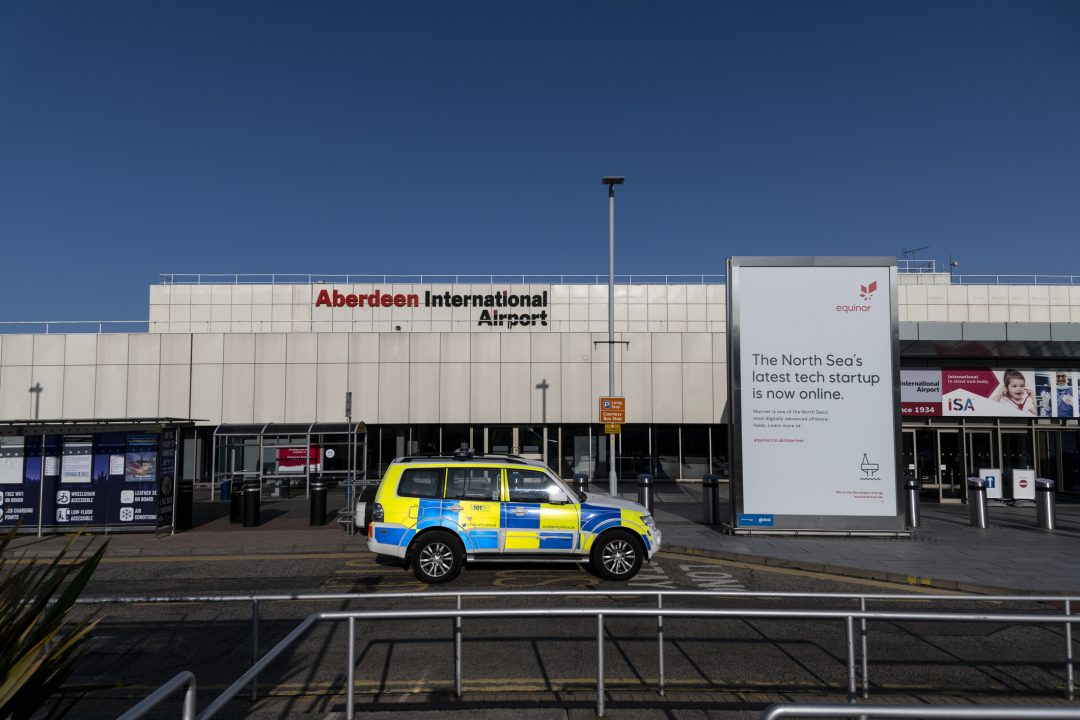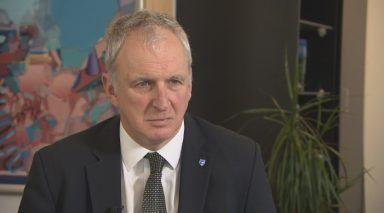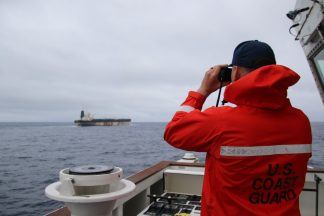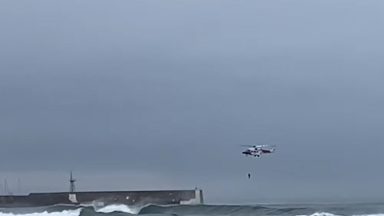A passenger plane dropped by almost 1,500ft in less than a minute above Aberdeen International Airport without pilots noticing, an investigation has found.
The Boeing 737 made the rapid descent during a delayed landing above the airport on September 11, 2021.
An investigation by the Air Accident Investigation Branch (AAIB) found that pilots of the flight, which was carrying 67 passengers and six crew members, did not realise it was descending due to high workload during the “go-around” procedure.
In aviation, a go-around is an aborted landing of an aircraft that is on final approach due to an obstacle on the runway or a loss of stability, among other reasons.
On September 11, the flight was instructed to climb ahead instead of landing since a search-and-rescue helicopter was about to take off and would be prioritised by air-traffic control.
The airplane climbed to about 3,000ft above sea level before immediately beginning its descent, falling to 1,780ft above sea level in 57 seconds.
Pilots were immediately radioed by air traffic control to bring the descent to their attention, after which the aircraft began to climb again.
As a result of the “serious” incident, Aberdeen’s air traffic control changed its procedures for aircrafts being broken off from the approach.
Boeing also issued guidance to pilots about the behaviour of the Autopilot and Flight Director System, and autothrottle during go-arounds.
In addition to the high workload causing a distraction, the pilots were also understood to have gone for “significant periods” without flying due to the Covid-19 pandemic and had low recency levels.
The commander had flown ten flights during the previous month. For the co-pilot, this was only his fourth flight in nearly 11 months, having completed two training flights seven days before September 11.
While simulators were used by flight crew to stay on top of their game during the pandemic, they only went so far – the AAIB pointed out that it can be difficult to try and replicate the real-world implications of a high workload situation caused by the effects of communication by air traffic control.
Ultimately, the investigation found that appropriate measures had been taken by the flight operator and manufacturer, as well as by Aberdeen Airport’s air traffic control to avoid any incidents similar to this being repeated.
Follow STV News on WhatsApp
Scan the QR code on your mobile device for all the latest news from around the country


 iStock
iStock
























